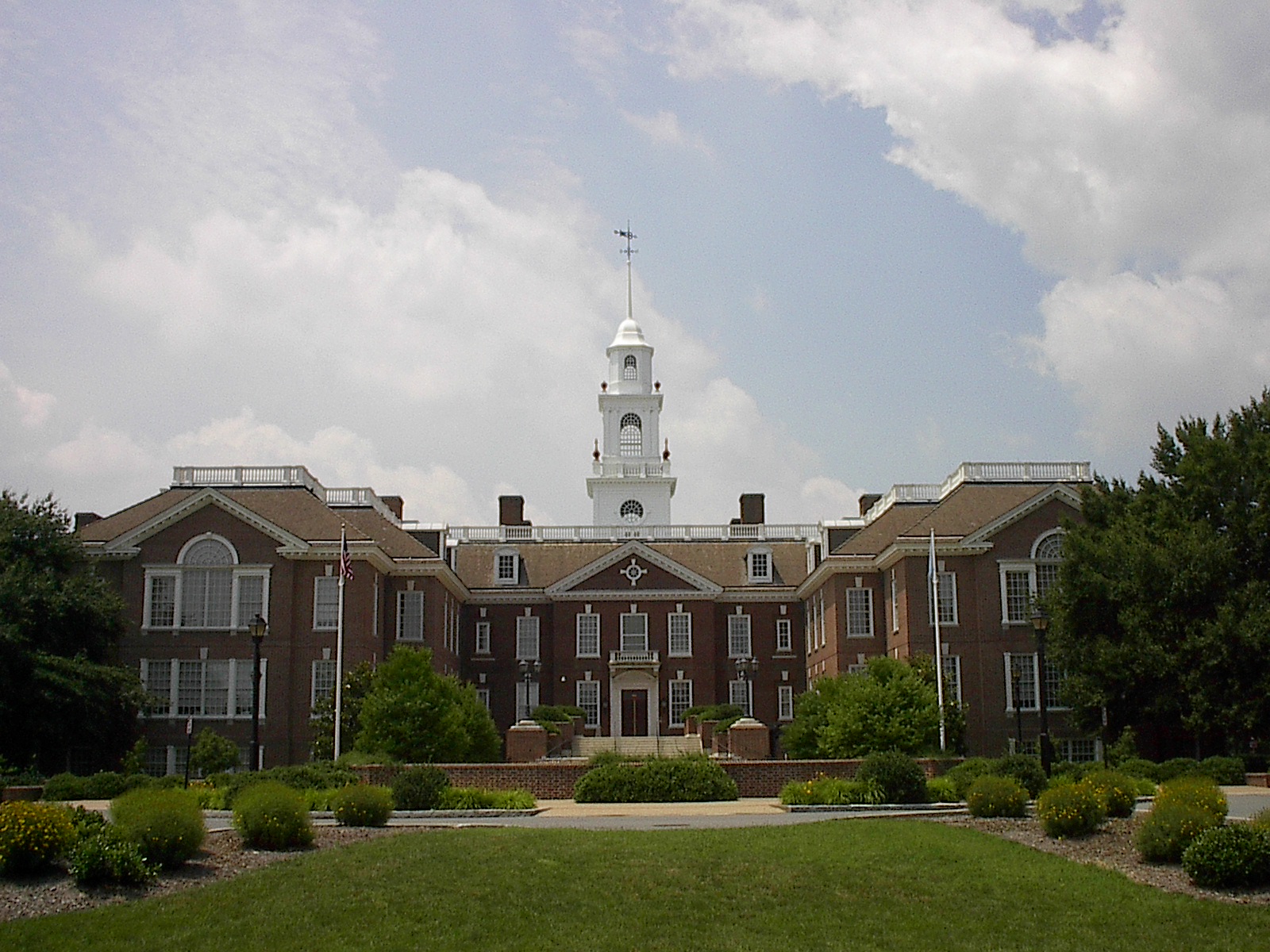Tag: delaware
-
Number of Delaware state legislative incumbents facing primary challengers near average from 2010-2022

Delaware has 13 contested state legislative primaries this year, one less than in 2022 when 14 state legislative primaries were contested. Of the 13 contested primaries, 10 are for Democrats and three are for Republicans. For Democrats, this is one less than in 2022 when there were 11 Democratic primaries. The three Republican primaries are…
-
Five candidates are running for Delaware’s At-Large Congressional District—the most since 2016

This year’s filing deadline for candidates running for Congress in Delaware was July 9, 2024. Five candidates are running for Delaware’s At-Large Congressional District, including three Democrats and two Republicans. Two candidates ran in 2022, three candidates ran in 2020, and three ran in 2018. Here are some other highlights from this year’s filings: Delaware…
-
Constitutional amendment passed in Delaware requiring state legislators to live in their districts

The Delaware General Assembly passed a constitutional amendment that would require state senators and state representatives to reside in the legislative districts that they represent for the duration of their term in office. Rep. Paul Baumbach (D-23), who sponsored the bill, said, “We expect that when we elect an official to represent us, they live…
-
Delaware Supreme Court ends no-excuse mail ballots, same-day voter registration

On Oct. 7, 2022, the Delaware Supreme Court issued a ruling in Albence v. Biggin and Mennella, finding that a state law permitting no-excuse mail-in voting and same-day voter registration was unconstitutional. Voters may now only receive mail ballots under certain conditions and the deadline to register to vote in the Nov. 8 general election…
-
Lydia York defeats Delaware Auditor Kathy McGuiness in Democratic primary

Lydia York defeated incumbent Kathy McGuiness in the Democratic primary for state auditor on September 13, 2022. McGuiness was elected to the office in 2018. McGuiness was convicted on three misdemeanor charges in July 2022: conflict of interest, structuring, and official misconduct. The charges stemmed from McGuiness hiring her daughter to work in the auditor’s…
-
A look at contested state legislative primaries in Delaware

Delaware has 14 contested state legislative primaries this year, an 8% increase from 2020. Of the 14 contested primaries, there are 11 for Democrats and three for Republicans. For Democrats, this is down from 12 in 2020, an 8% decrease. For Republicans, the number is up 67% from one in 2020. Eight incumbents face primary…
-
Delaware sees two U.S. House candidates this year, the fewest since 2014

The filing deadline for candidates running for Congress in Delaware this year was July 12, 2022. Two candidates are running for Delaware’s At-Large U.S. House district, one Democrat and one Republican. The two candidates running this year are one fewer than the three who ran in 2020 and 2018, and five fewer than the seven…
-
Delaware auditor faces primary challenger following misdemeanor convictions

Incumbent Kathy McGuiness and Lydia York are running in the Democratic primary for Delaware state auditor on September 13, 2022. McGuiness was elected to the office in 2018. Before becoming state auditor, she served five terms on the Rehoboth Beach City Commission and worked as a pharmacist. McGuiness is running on her record as auditor.…
-
Pillsbury wins Dover City Council special election

The city of Dover, D.E., held a nonpartisan special election for District 1 on the city council on Nov. 16. The filing deadline for this election was Nov. 1. Julia Pillsbury defeated Brandy Walker in the special election with 53.5% of the vote. According to unofficial results, Pillsbury received 272 votes to Walker’s 236. The…
-
A closer look at Delaware’s new state legislative maps

On Nov. 2, 2021, Gov. John Carney (D) signed Senate Bill 199 (SB 199) into law, enacting new maps for Delaware’s 21 state Senate and 41 state House districts. These maps will take effect for the state’s 2022 legislative elections. Eighteen states have finalized their state legislative redistricting maps following the 2020 census. At this…

